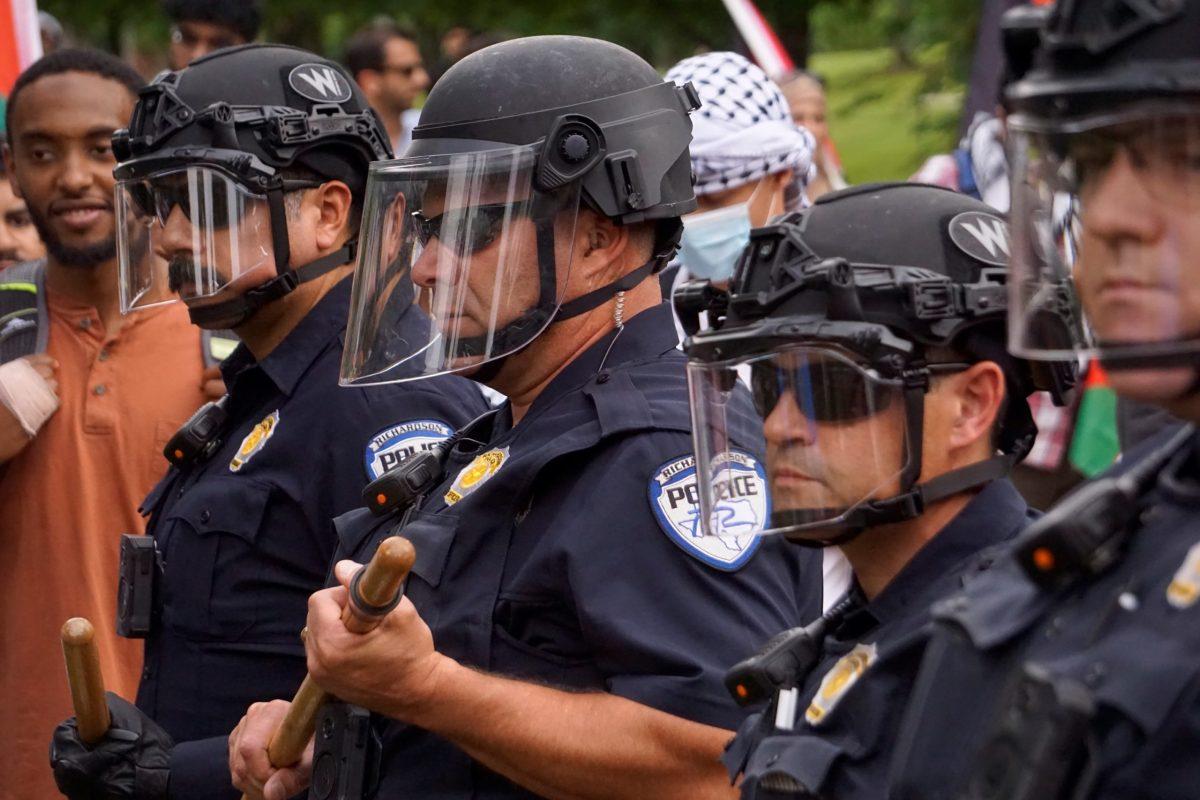Samhitha Palla | Mercury Staff
The Texas government’s recent attempt to update its registered voters lists has the capacity to develop into another method of voter suppression, once again proving that Texas is hostile to its own voter base.
Gov. Greg Abbott announced that the Texas government removed 1.1 million people from the state voter poll Aug 26. Although it is standard protocol for the government to update their registered voter lists to remove people who have died, moved out of state or become ineligible due to other circumstances such citizenship removal, Abbott has continued to push for further removal by signing Senate Bill 1 into law in 2021. In addition to voter registration removal, the Texas government has added over 463,000 registered voters onto their suspension list. These names are deleted when the government verifies that the voters have moved out of their registered addresses or have not voted in two consecutive election cycles.
While it is routine maintenance for the government to add more voters on the suspension list, Texas state representatives were alarmed to find out that over 2.1 million individuals, or 13% of registered voters, are on the list. Although those on the list can technically place their vote in the upcoming elections, suspended voters face additional barriers to make their votes count, which becomes another form of voter suppression.
So, how does one proceed to vote while on the suspension list? Voters would have to track down the officials responsible for verifying their registered address. Voters would either have to fill out and mail a confirmation notice to their respective county’s voter registrar or fill out a statement of residence when voting.
Unfortunately, being placed on the suspension list is not the only tactic the Texas government uses as a form of voter suppression. Texas is one of the few states to not offer online voter registration. The state requires voters to register at least 30 days prior to election day and the applications can either be mailed or handed in. The only exception is that when an individual renews their driver’s license, they may also register to vote simultaneously.
Additionally, Texas limits the criteria on who can submit a mail-in ballot. While many states now allow individuals to vote by mail, Texas only allows those who are 65 or older, disabled, incarcerated, will be outside of their registered county at the time of election or are expected to give birth within three weeks of the election day to vote by mail. S.B. 1 also prohibits the addition of accessible voting systems, such as 24-hour voting, and limits poll workers’ assistance to only helping voters with reading and marking a ballot, which is especially difficult to non or limited English speakers. It is now prohibited to answer a voter’s question or help a voter navigate a polling place.
These barriers are more than enough of a reason to monitor one’s voter registration status and vote at their nearest polling place. Individuals can check their status on the state’s or county voter website. The website also shows the nearest polling locations and upcoming elections. It is crucial to register or update one’s voting status by the voting registration deadline, Oct. 7.
For a country built on freedom and democracy, it is hypocritical to implement barriers onto anyone attempting to vote. These barriers are often advertised as “voter security measures,” but in practice, they keep marginalized communities such as people of color, the elderly, students and low-income individuals at a disadvantage. If voting is the very foundation of democracy, then restricting access to the ballot undermines the legitimacy of the system as a whole. Ensuring that every vote counts is not just a matter of fairness — it is a defense of democracy itself. Further, these tactics shed light on a larger issue: when a system is manipulated to exclude certain groups, it shows that those in power are more interested in maintaining control over promoting democratic participation. As a result, this reality should serve as a rallying cry to protect voting rights by fulfilling one’s civic duty of voting, no matter how difficult the government makes it.






